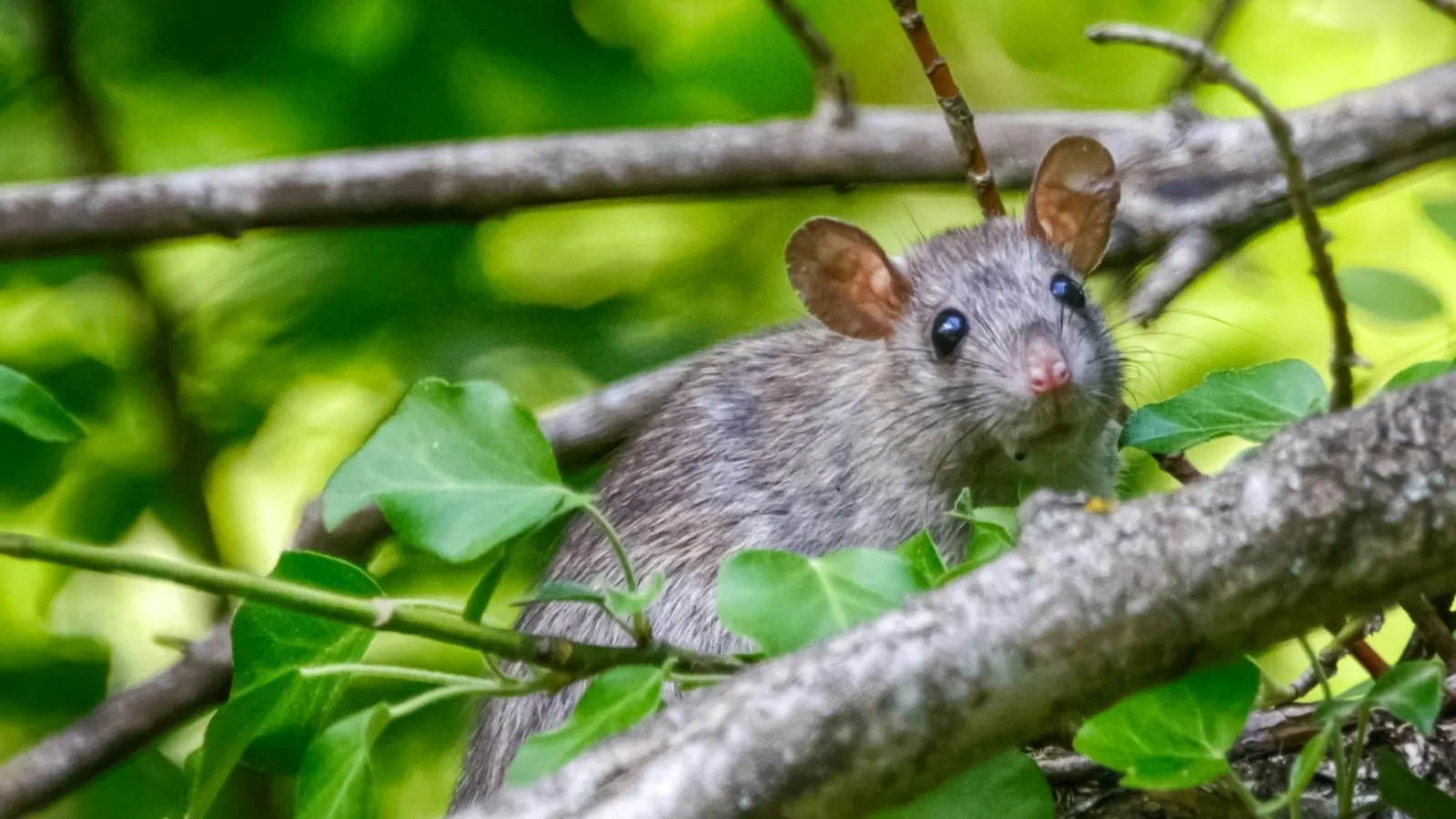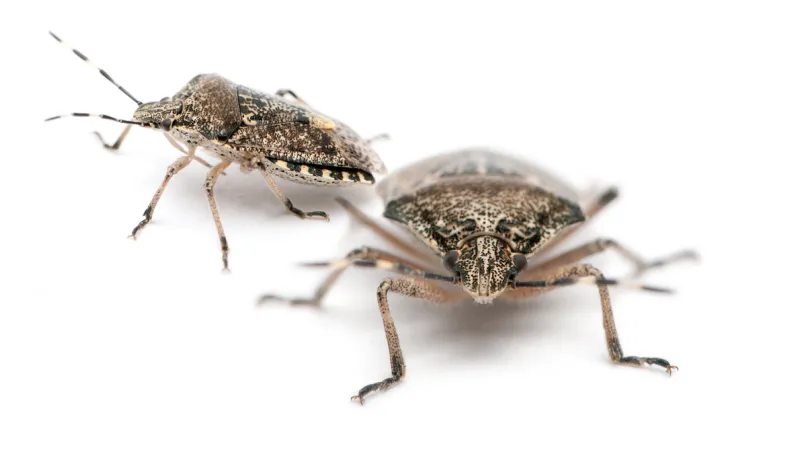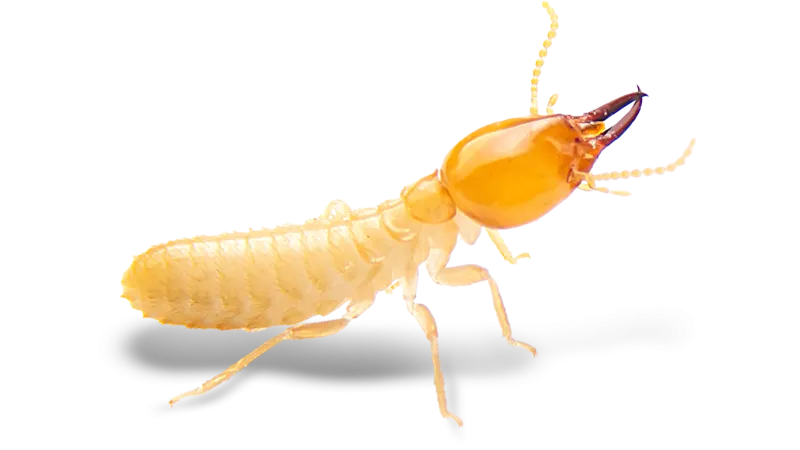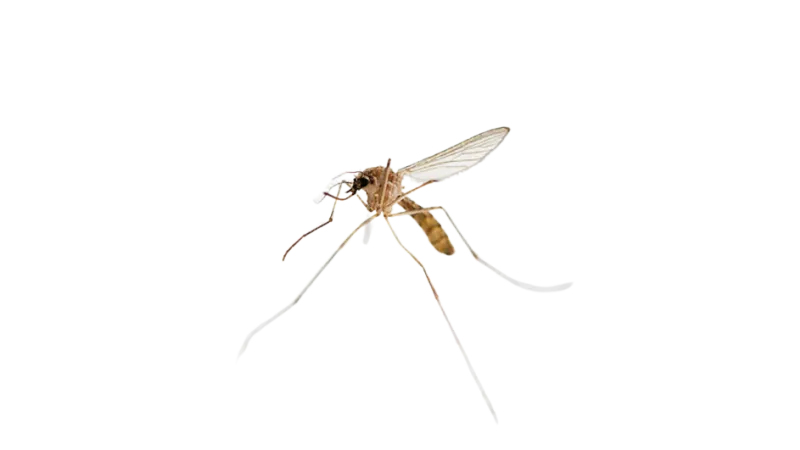
Frequently Asked Questions
Find answers to the questions we get most often

Pest Control
Frequently Asked Questions
What is Integrated Pest Management?
Integrated Pest Management (IPM) is an environmentally-conscious approach to pest control that relies on a combination of education and training. An IPM program utilizes biological information based on the type of pest that has been identified. Information gathered, in combination with advanced pest control procedures, is used to manage the pest with the most thorough and environmentally sensitive method of control.
Why do I still see pests in my home?
While our pest control specialists diligently work to keep your home and business pest-free, insects can sometimes still find their way in. After all, we are battling a force of Mother Nature. Since there is always the possibility of insects entering your home or business, our Quarterly Pest Control program is guaranteed. If you continue to see an issue, contact us to schedule an extra service call at no additional charge.
How are pests getting inside my home?
Insects adapt to survive. Therefore, insects will find any gap, crack or crevice to enter your home or business. While a pest-proof home would be nice, attaining such a goal is highly unlikely. Our pest control service includes an inspection of your home or business by a pest control specialist and a list of conditions that might allow insects to enter and thrive.
Are the pest control products you use safe for me, my children and my pets?
All of the products we use are safe for you, your family and your pets. Our highly trained pest control specialists evaluate and process each situation, then factor in Integrated Pest Management to minimize the risk of exposure while maximizing the effectiveness of each product.
I don’t see any pests in my home. Can I skip a quarterly service call?
While we are happy that we have eradicated insects from your home or business, it is imperative that we continue to maintain a pest barrier around the exterior. Skipping a quarterly service call can allow an infestation to grow and become a problem that may take our pest control specialists several trips and time out of your schedule to control.
I just had my quarterly service call, then it rained. Do you need to come back?
Each situation is a little different, so there is no definitive answer to this question. Our pest control specialists perform four key treatments each service. Two of these treatments - crack and crevice and insecticide granules - are not as susceptible to weather. However, if you experience any pests, Palmetto Exterminators' Quarterly Pest Control program is guaranteed, and therefore an extra service may be performed at no extra cost.
Do you have to come inside for a quarterly service call?
Our quarterly residential pest control program greatly reduces interior applications, especially when there are no specific interior pest problems. Should you, however, have an interior problem, there is no additional charge for treating the interior.
I have pests in my house but I’m not sure what they are. How can I find out?
Please browse our Pest Library for help identifying the insect. Should you not find the pest you are looking for, please contact us. Our skilled pest control experts will assist you.

Termite Control
Frequently Asked Questions
What can I do to prevent termites?
Preventing termites is best accomplished through regular inspections of your home or business and treatment, but there are some things you can do to reduce your chances of a pest control problem:
- Divert water away from your home or business with properly functioning downspouts, gutters and splash blocks.
- Quickly repair any structural damage caused by moisture, such as a roof leak or plumbing leak.
- Perform routine maintenance, such as caulking, painting windows and cleaning your gutters.
- Reduce humidity in crawl spaces.
- Prevent shrubs, vines and other vegetation from growing over and covering vents and growing on the exterior of your home or business.
- Eliminate wood contact with the ground around your home or business.
- Remove any wood or construction debris from your crawl space and around your home or business.
Can I treat termites on my own?
Do-it-yourself termite control is certainly an option. However, most owners lack the knowledge and training that professionals have to treat termite problems effectively.
An essential component of treating a termite problem effectively is correctly identifying the termite species and developing a course of treatment that takes the species's biology and habits into account. It is also critical that products are handled properly to ensure effective treatment. A pest control specialist from Palmetto Exterminators has the training and expertise to provide the most effective solution to your termite problem.
I just bought a house that you have under warranty. Do I have to pay a fee to transfer it to my name?
Our termite service agreements transfer at no cost. If you just purchased a home under warranty with Palmetto Exterminators, all you have to do is provide us with your name and contact information. Our pest control experts will take care of the rest.
Why should I renew my termite service agreement?
According to the NPMA, every year termites cause more than $5 billion in damage with the average repair costing $2,500 to $5,000. That does not include the cost of treating and removing the termites.
With a termite service agreement with Palmetto Exterminators, you would not be responsible for any of the repair or re-treatment costs.
How can I tell the difference between flying ants and termites?
Termites are often confused with ants. However, a few simple things distinguish the two.
Termites have straight antennae, a broad waist and short legs. Both wings are the same size and shape with a lace-like appearance.
Ants have elbowed antennae; a thin, pinched waist; and long legs. Their hind wings are smaller than the front wings.

Mosquito Control
Frequently Asked Questions
What are some things I can do to reduce mosquitoes around my home?
In addition to a mosquito control service, there are several measures you can take to get rid of mosquitoes around your home.
- Replace any standing water in bird baths, ponds, or pools at least once weekly to reduce breeding sites.
- Introduce mosquito-eating fish to ponds with standing water.
- Turn over any empty flower pots, children's toys, and other objects that might hold water.
What health risks do mosquitoes pose?
Mosquitoes are known vectors of several serious parasites and illnesses. Some of the most serious are West Nile Virus, Malaria, Chikungunya, and Yellow Fever. More information can be found here or on the Centers for Disease Control's website.
How long will a barrier treatment last?
Our mosquito treatments are designed to last between 3 to 4 weeks. Depending on weather and other environmental factors, mosquito treatment may not last as long. Our monthly mosquito barrier treatments are a guaranteed service. If you do not see results, call us, and we will come back out for an extra mosquito treatment service at no additional cost.
My town/city/county sprays for mosquitoes. Why do I need your service?
Municipal mosquito treatment services are designed to reduce the population of mosquitoes on a large scale and not necessarily for the comfort of individuals. Our mosquito treatment services are customized to your home and your needs. We aim to allow your family to get out and enjoy your yard without worrying about being bitten by mosquitoes.
Are mosquito traps or magnets a good alternative to a misting system and treatment program?
You cannot compare the mosquito magnet to a misting system or Palmetto Mosquito Control's Barrier Service. Mosquito traps or magnets capture only the insects located downwind of the machine. There is no independent field research that supports the manufacturers' claims that mosquito traps reduce the population of mosquitoes and gnats in a specific outdoor area. One female mosquito can produce about 1,500 eggs that will emerge as adults in about 15 days. Many of our customers owned one or more mosquito magnets before purchasing our system or service.
When should I consult a professional about my mosquito problem?
Mosquitoes carry a variety of diseases, and it's important not to expose yourself, members of your family, or pets to illness. If you get mosquito bites while outside, Palmetto Mosquito Control is happy to provide a free estimate for any of our mosquito treatment services. We can devise a proper treatment plan with either a Mosquito Misting System, a Mosquito Barrier Treatment, a one-time Special Event Treatment, or a Neighborhood Mosquito Control program. Get your free inspection today.
When is mosquito season?
Mosquitoes hibernate during winter and return when the temperature rises during the spring, which can be early as February or March in North and South Carolina. Mosquito populations peak during the summer when it's the hottest, so bug spray or treatments are extremely important during June, July, and August.
Are mosquito treatments and sprays harmful to pets?
To minimize potential exposure to pests we suggest that animals remain indoors for at least thirty minutes after treatment is applied.
Do I need a mosquito misting system?
Palmetto Mosquito Control can minimize the risk of exposure by installing a misting system. Precise placement of nozzle heads allows the product to be distributed to the most beneficial area and minimizes potential accident exposure to children, pets, and adults. During installation, we make sure that both the tank and operating system are hidden from view and securely locked.
How do mosquitoes spread disease?
Mosquitoes are considered a vector for disease; in other words, they can transfer disease from one human to the next. If a mosquito feeds on an infected host, it spreads this virus or disease to the next person they feed on. This causes diseases such as Zika or West Nile Virus to spread rapidly.
How long does a mosquito live?
Mosquitoes can live anywhere from 4 days to an entire month. Their lifespan primarily depends on weather and living conditions. On average, females have a much longer lifespan than males at 42-46 days compared to males living only about 2 weeks.
What attracts mosquitoes to humans?
Initially, mosquitoes locate humans by the carbon dioxide we all exhale. Once the mosquito gets closer, they notice bodily functions and scents such as moisture, sweat, scent, and even the heat from your body temperature.
Why are some people more prone to mosquito bites than others?
This question remains somewhat of a mystery. However, the reason why some humans get bitten more than others might come down to blood type, body scent, or perfume.
A recent study found that people with blood Type O were more likely to get bit because mosquitoes are attracted to this type of blood for unknown reasons. In this study, those with blood Type A were the least likely to get bit, and blood Type B was found somewhere in the middle. Besides blood type, mosquitoes are also attracted to certain chemicals in your skin that some people produce more than others, such as lactic acid.
Why do mosquito bites itch?
All mosquito bites are from female mosquitoes since they need the nutrients in the blood to produce eggs. When a female mosquito bites an animal or human, she pierces the skin and begins to feed. As she does this, she injects her saliva that contains an anticoagulant to prevent your blood from clotting around the bite, allowing her to feed much faster.
Your body recognizes the protein in the mosquito's saliva as an attack or foreign substance and immediately releases histamine to the bite, causing the redness and swelling of an allergic reaction. In other words, the swelling and itching you feel after the bite is a reaction from the histamine your body produces due to the mosquito's saliva.
When do mosquitoes usually feed?
The native southern house mosquito mostly feeds at dusk and dawn because they don't usually like direct sunlight. However, with the introduction of the Asian Tiger Mosquito, an invasive species, bites can happen almost any time of day.
Are mosquitoes attracted to water?
Mosquitoes can live in water, and females lay their larvae in pools of water. Once the larvae hatch, they spend their first two stages of life primarily in water. This is also what attracts mosquitoes to humidity, as well as humans, due to the water vapor that we all exhale.